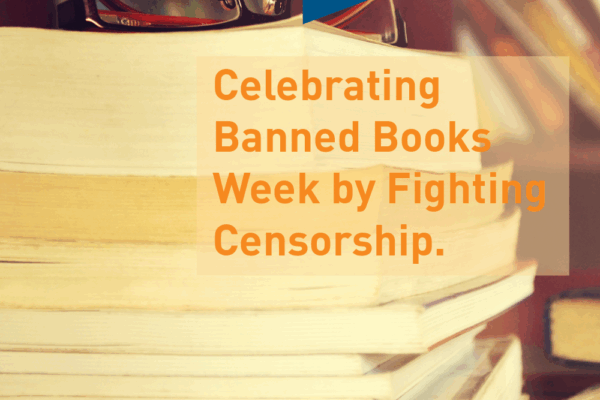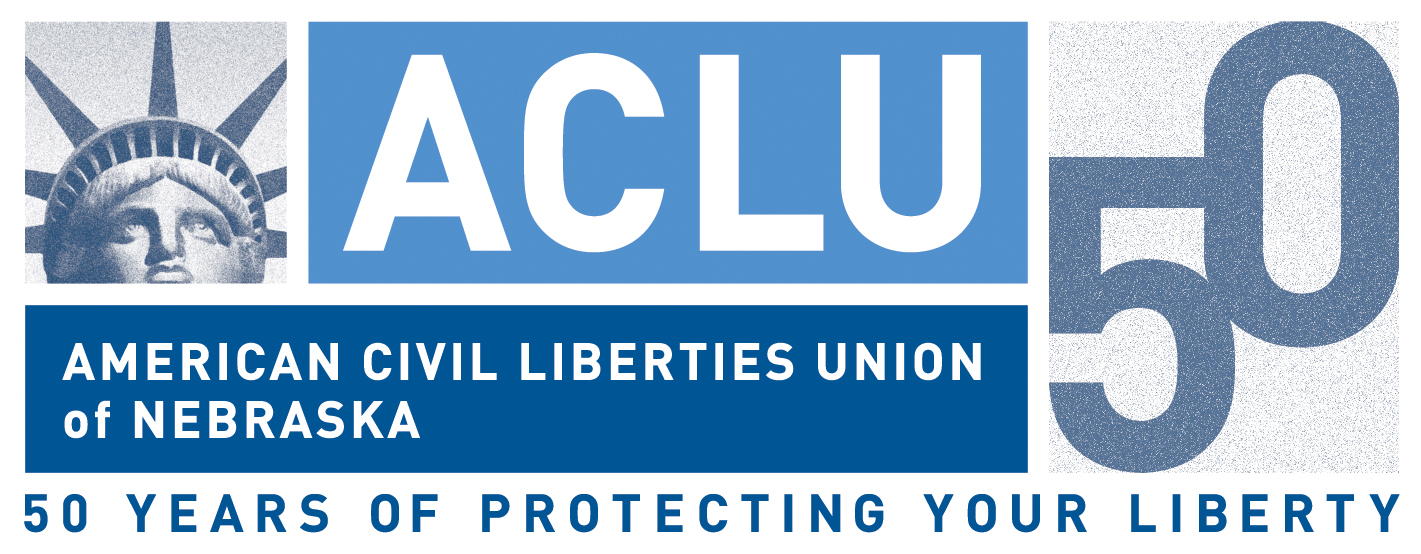In 1982, Banned Books Week became a national celebration. Before, state governments and local school districts had made attempts to ban several books.
One of the greatest liberties our Constitution gives us is the First Amendment’s freedom of speech and expression. When books are banned from library shelves for reasons of “indecency” or “offensiveness,” that freedom is compromised.
In 1997, the ACLU of Nebraska released a statement opposing the Communications Decency Act. The act criminalized the transmission of materials that were “obscene or indecent” to persons under 18 – especially over the World Wide Web, a medium that hadn’t yet been regulated heavily. This meant that when the Internet came to library computers, books with questionable content were not going to be available on the computers. Books that had been banned, like George Carlin’s seven dirty words for example, were essentially being banned once again.
This Act was declared unconstitutional later that year in the landmark case Reno v. American Civil Liberties Union.
Learn more about the ACLU of Nebraska's fight to protect freedom of speech
2016 is the 50th anniversary of the ACLU of Nebraska. We will feature several memories from our five decades of defending freedom in the Cornhusker state here. Do you have a favorite memory? Share it with us!



